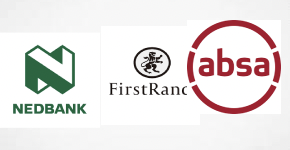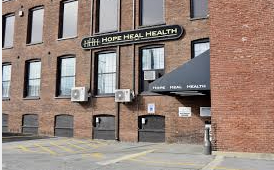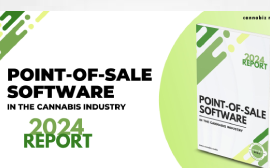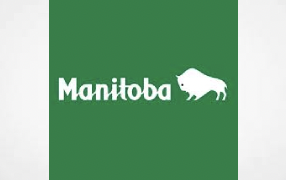Cannabis, although an ancient plant tracing its origins back to over 12000 years ago, remains misunderstood in a “post-legalization” era. In Canada today, close to 70% of all those surveyed aged 19+ believe that cannabis is an alternate form of treatment to some medical conditions according to Vividata’s Vivintel, the nation’s largest syndicated cannabis consumer study. Among Canadians who report using cannabis as a medical remedy treatment or therapy, the top ailments they use cannabis for are stress/anxiety (63%), pain management (56%), chronic pain including arthritis (44%), and weight management (32%).
It was thus not surprising to see a lot of vendors at the Canadian Cannabis and Business Expo marketing cannabis “slim” foods and slimming pills made entirely of cannabis. Non-cannabis crops like Reichi mushrooms and Kratom (“leaf of faith”) powder are also creating a new surge of excitement in the wake of cannabis legalization, whether for slimming, mental health or pain/anxiety relief. Although these crops have been on the market far longer than cannabis, they were not in such a high demand due to their perceived health and wellness benefits until the cannabis health and wellness theme took off. Will Kratom, Reichi mushrooms and cannabis offer each other competition given the perceived or proven ability of all three to reduce reliance on opiates? Nobody has proven whether one is a better substitute or a supplement to medicine yet.

In Canada, according to Vividata’s National Cannabis Study 2019, only 42% of adults 19+ surveyed understand the difference between CBD and THC, two of the plant’s principal cannabinoids – CBD can be both hemp-derived or cannabis plant derived (both extraction methods yield the same cannabinoid) and “performance enhancing” whereas THC has a strong (negative or positive) consumer perception for its psychoactive “high”. To paint a fuller picture, half of all Canadians are not aware of the health benefits of CBD, and only 14% are aware of the health benefits of THC. The levels of consumer awareness around CBD health benefits seem to decrease the higher up the income brackets one climbs; the relationship appears inverse for consumers with more educational qualifications.
While attitudes, awareness and perceptions of cannabis differ globally, a greater proportion of those who report awareness of the health benefits of CBD or THC in Canada are born in Canada versus those who are not by a roughly 7:3 ratio. The longer those who were born overseas spend in Canada, the greater the awareness levels of CBD-THC health benefits and differences. However, as Canada undergoes demographic shifts, anomalies come to light in the context of cannabis awareness, “appeal” and/or use.
For example, over a third of Chinese students in Canada consume cannabis daily, weekly, every couple of months or a couple times a year, and 91% of ethnic Chinese Canadian citizens, immigrants and those born in Canada perceive established brands to be creating cannabis products as innovative and trendy, according to Vividata’s Chinese Ethnic Consumer Study. Typically, across all ethnic groups, CBD-THC usage (current and intended) is dominant among individuals born in Canada and among those who self-identify as white. These statistics point to a need for a fresh outlook in cultural insights and product awareness that bridge the knowledge and perception gaps across Canada’s Newcomer communities of varied cultures, ethnicities, and origins. We are partnering with Canopy Growth to offer a unique event of fun and canna-learning. Join us and learn to navigate the waters of Canada’s newest industry.
Generation1.ca and Canopy Growth are putting together an educational event on December 18th, 2019 for Newcomers around “Foundations of Cannabis and Responsible Consumption”. Stay tuned for registration details. Event will be FREE.
Source: https://generation1.ca/2019/11/25/cannabis-ed-in-community/

















